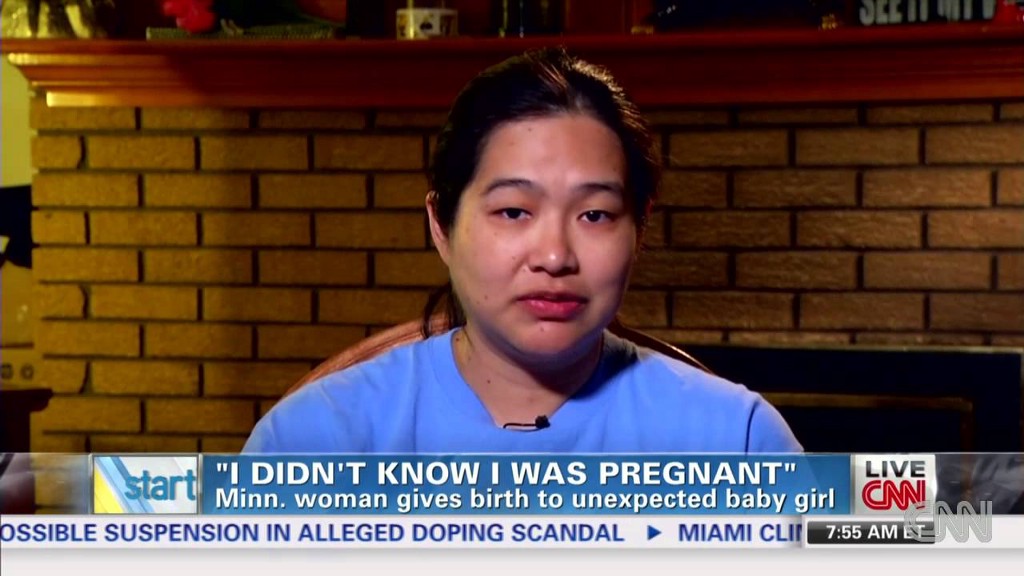Can You Get Pregnant When You’re Already Pregnant?

Yep!
Our Middle School Mysteries series investigates childhood rumors you never bothered to fact-check yourself.
Bodies are insane. Pregnancy is even crazier.
The idea of a microscopic tailed cell morphing into a tiny human being inside a bigger human being has always seemed like an utterly alien process. Logistics of pregnancy aside, the experience is marked by a bunch of insane shit that no one bothers to warn you about.
For instance, did you know that babies sleep with their eyes open? Or that baby girls can get their periods for up to a week after birth? Or that infant boys are prone to popping boners?
Baby boners!
What were we talking about again?
Normally, when a woman becomes pregnant, her body tells her ovaries to stop releasing eggs. In very rare instances, a woman’s body drops the ball, causing what scientists call “superfetation” or a new pregnancy during an already existing pregnancy. While common amongst animals, superfetation is extraordinarily unusual for humans. Scientific American refers to the event as a “reproductive abnormality” and “seemingly impossible.”
Seemingly.
I’ve seen enough episodes of “I Didn’t Know I Was Pregnant” to know that sometimes the human body doesn’t follow standard procedure. Getting faked out by a period and unwittingly pooping out a baby sounds like a horror story Edgar Allan Poe would write, but it is an actual thing that happens to some people.
In a typical pregnancy, hormonal changes prevent ovulation and cause the uterine lining to thicken, blocking any opportunities for errant embryos to attach to the uterine lining and develop into fetuses. In order for superfetation to occur, a woman’s body must complete two very specific physiological processes:
- She must continue ovulating after becoming pregnant.
- Her body must release a second egg that becomes fertilized and attaches itself to her womb lining.
That’s a lot of hoops for a little embryo to jump through. Most embryos don’t make it, which is why, to date, there are only 11 recorded cases of superfetation (the most recent case occurred in 2009 and involved an Arkansas woman). During a routine ultrasound, the woman’s doctors discovered a second, significantly “younger” heartbeat two weeks after hearing the first.

Could superfetation be a more common occurrence?
Some doctors — including New Jersey OB/GYN, Dr. Donnica Moore — say yes. However, the condition is almost impossible for doctors to diagnose, especially if the time between conceptions is short.
“I would say [it’s] extremely rare, but then again, we would never know how often this happens. If the children are born at the same time — it might be that they were conceived at different times.”
Other doctors don’t believe in superfetation at all. Maternal fetal medicine expert, Dr. Jim Betoni, writes:
“Most authorities believe that alleged cases of human superfetation result from markedly unequal growth and development of twin fetuses with the same gestational age, which would account for the sometimes drastic differences in size and development between newborn fraternal siblings.”
None of this changes the fact that one day you think you’re pregnant with a single baby, and two weeks later you’re told you’re actually twice as pregnant. If that isn’t scary enough, conceiving two separate babies on two separate dates means that if you deliver both babies on the same day, one will be born premature (or late).
Ah, the miracle of life!
